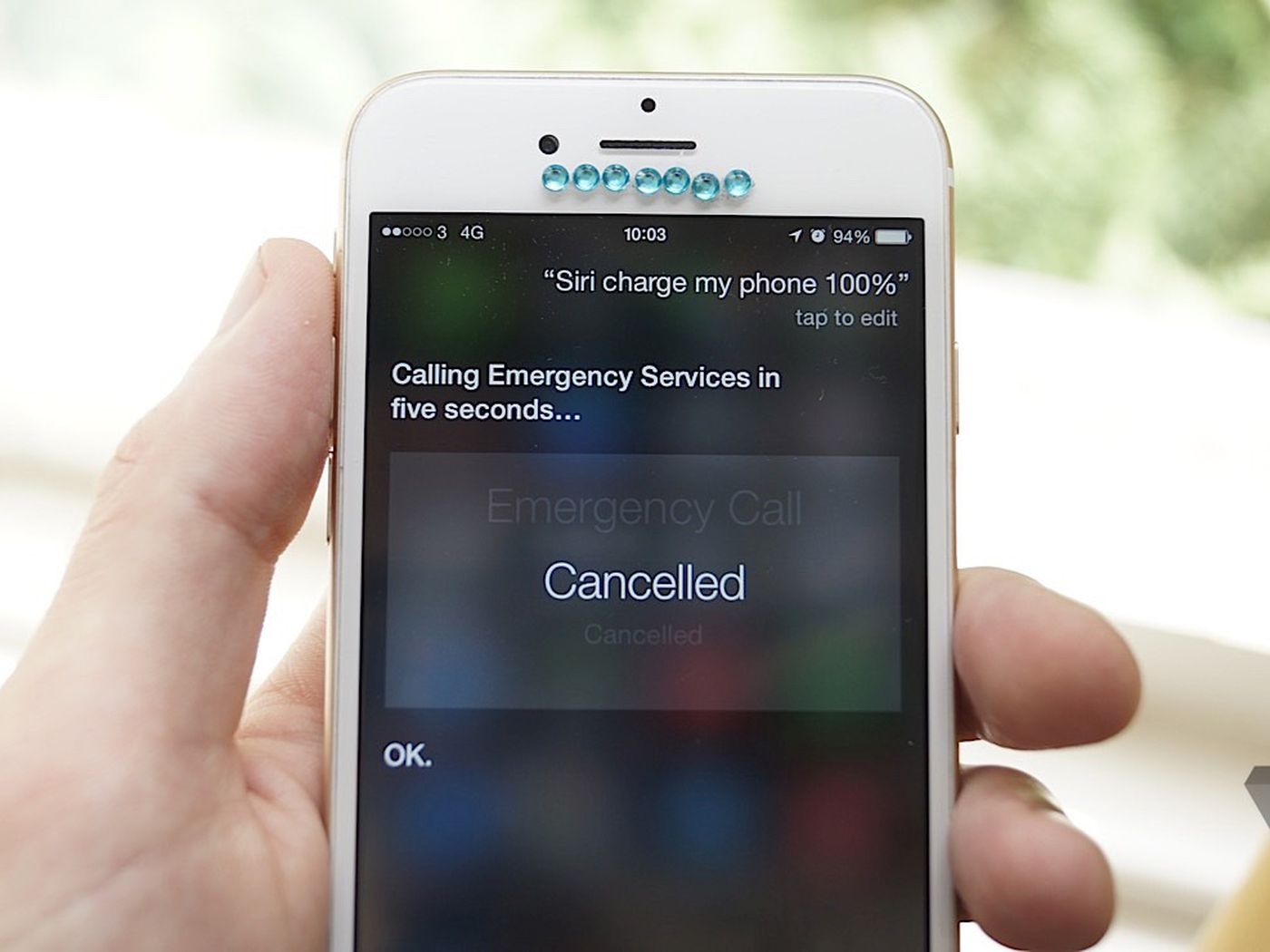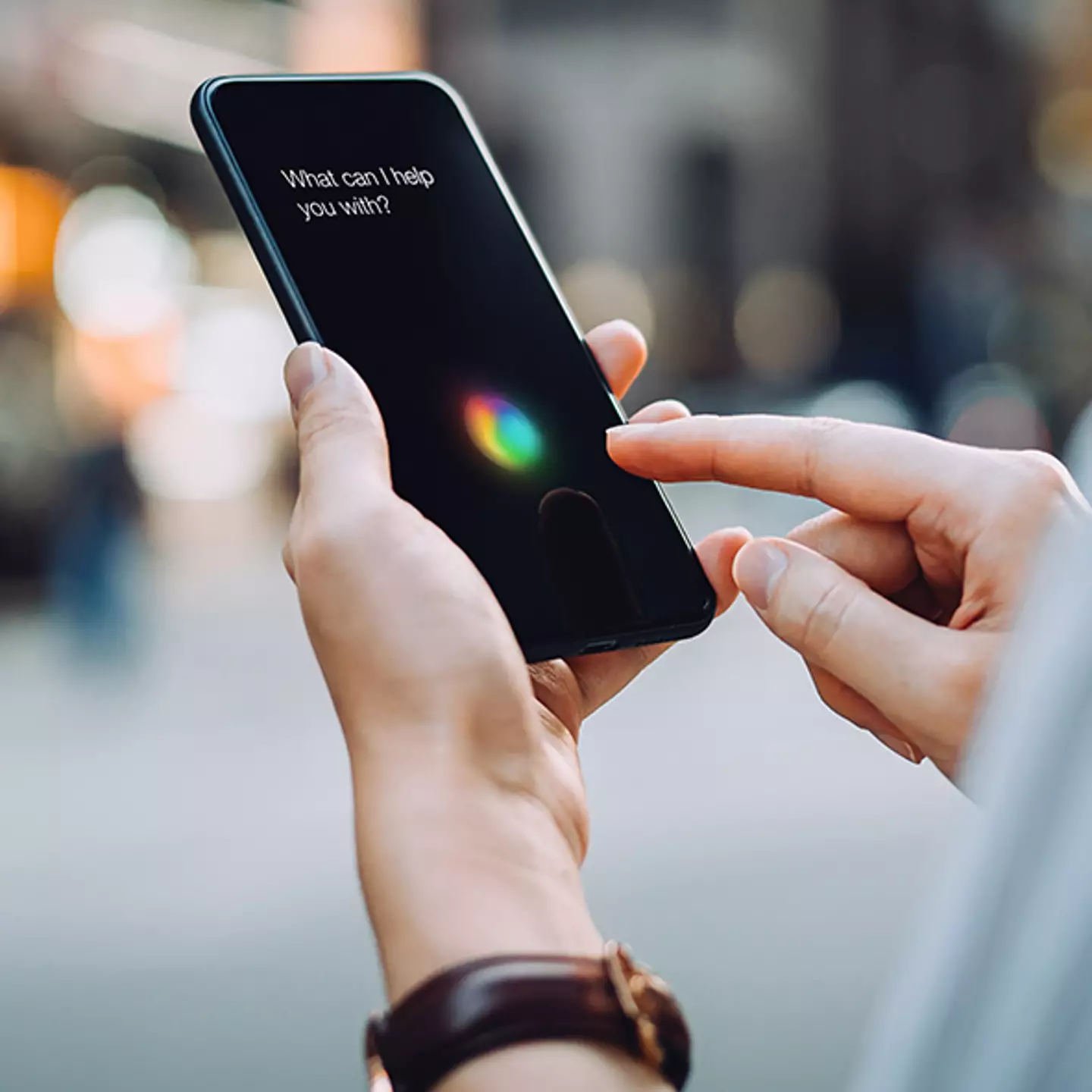Many iPhone users turn to Siri for help with various tasks—whether it’s setting reminders, playing music, or even answering random questions. However, there’s a specific voice command that Apple’s virtual assistant is better off not hearing: “108.”
Introduced as part of Apple’s integration of voice-activated services, Siri uses advanced machine learning technologies to recognize user commands. While it’s known for its witty comebacks and helpful tips, there’s one seemingly harmless command that could lead to unintended consequences.

The Origins of the ‘108’ Phenomenon
The number ‘108’ is actually the emergency service number in India, akin to ‘911’ in the United States. When users instruct Siri with this number, the assistant interprets it as an emergency call request and connects to local emergency services—similar to dialing ‘999’ in the UK.
This feature became a subject of online pranks around 2017 when social media users started encouraging others to say “108” to Siri, unaware or dismissive of the potential repercussions. This prompted a flurry of unnecessary calls to emergency services, disrupting operations and potentially delaying response times to genuine emergencies.
A Call for Responsibility
The prank gained enough traction that celebrities like Devon Sawa felt compelled to intervene. Known for his roles in Final Destination and Chucky, Sawa urged his followers on X (formerly Twitter) to refrain from engaging in such pranks. His plea highlighted the seriousness of abusing such features, emphasizing the real-world impact on emergency services and those in genuine need.

Learning from the Community
Despite Sawa’s warnings, some curious individuals still proceeded with the prank, leading to panicked moments of trying to cancel emergency calls. However, for others, it became an educational experience, as user interactions and discussions helped spread awareness about the serious nature of the command and its implications.
Broader Impacts and Ethical Considerations
The misuse of Siri’s emergency call feature underscores a larger conversation about the ethical use of technology and the responsibilities of tech companies and users alike. While Apple designs its products to enhance convenience and provide valuable services, instances like this highlight the potential for technology to be misused, and the importance of considering the broader impacts of seemingly small features.
Apple, for its part, has continued to innovate while addressing user concerns. Recently, the company faced mixed reactions to an advertisement for their new iPad Pro, which led to discussions about the role of AI and technology in creative industries. Apple’s statement reaffirmed its commitment to supporting creativity, emphasizing its goal to empower users worldwide.

Tech Responsibility: Lessons from the ‘108’ Incident with Siri
While technology continues to evolve and integrate deeper into our daily lives, the ‘108’ incident with Siri serves as a reminder of the importance of using such powerful tools responsibly. It’s a call to all tech users to understand the functions and potential impacts of the digital assistants we interact with every day.
Whether it’s Siri, Alexa, or any other AI assistant, a little knowledge and a lot of responsibility can go a long way in ensuring these tools help rather than hinder.
As we look forward to more innovations from companies like Apple, let’s also commit to using technology wisely and ethically, ensuring that we contribute positively to the digital world we are a part of.










